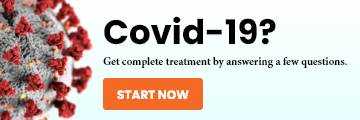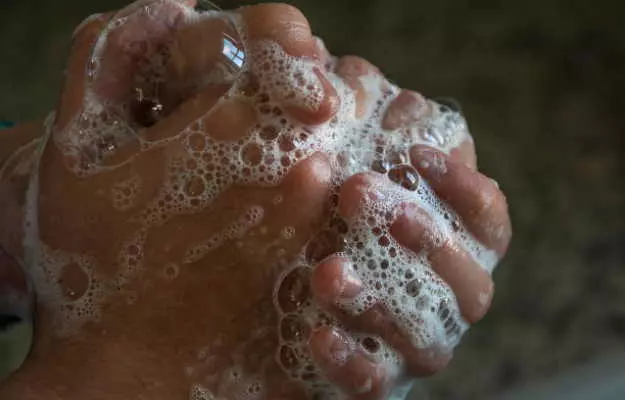The novel coronavirus, COVID-19, has spread across 194 countries affected more than 4,00,000 people. How did it get so far?
A lot of this spread could have been contained if people took care of their basic hygiene. Washing hands, maintaining proper distance and respiratory hygiene - these three key factors can restrict the spread of the novel coronavirus.
COVID-19 spreads through direct human contact. When an infected person sneezes or coughs, they release infected droplets from their mouth and nose. When a healthy person inhales this air, the virus in the droplets is able to enter the body through the nose or mouth.
Moreover, the disease also spreads through surface contact. The droplets from the infected person can stay on objects and surfaces for hours. When a healthy person touches these infected surfaces, they carry the virus on their hands and then transmit it to their body by touching their eyes, nose or mouth with the same hands.
To avoid this, people have been advised to wash hands with soap and water frequently or, when that isn't possible, use alcohol-based hand sanitizers (with at least 60% alcohol in it).
While using an alcohol-based hand sanitizer would kill the germs present on the surface of the hands, washing hands with soap would remove them completely from your hands giving you better protection against the disease.
Here's how you can wash your hands in a proper way.





























